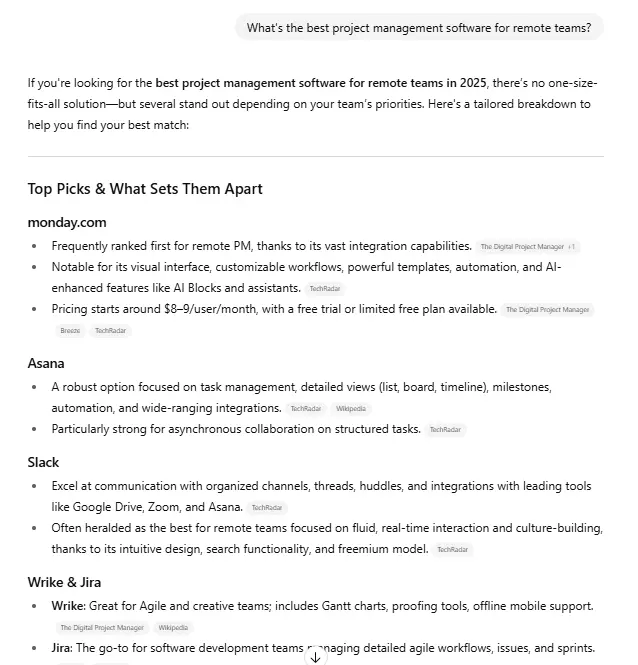3 Ways To Support Healthy Methylation For Detox, Longevity & More
Your methylation cycle does so much for you—time to return the favor.


Methylation is a vital biochemical process that happens in every one of our cells, many billion times each day. It plays an essential role in detoxification, cardiovascular and neurological health, energy production, protein balance, longevity, and more.
While it’s important for all of us to support our methylation cycles for whole-body health and well-being, individuals with an MTHFR gene variation (i.e., 50% of the U.S. population) have methylation cycles that require a little extra help. This is because the MTHFR gene codes for the MTHFR enzyme, which critically activates folate to enable healthy homocysteine levels, optimal methylation function, and a number of other physiological processes.*
Whether you have an MTHFR gene variant or not (and there’s a good chance you do, but don’t realize it), here are key nutrition, supplementation, and lifestyle strategies you can implement to promote methylation and health.*
1. Take a methylation support supplement.
The methylation cycle requires bioactive B vitamins (i.e., riboflavin, B6, folate, and B12), choline, betaine, magnesium, and zinc to run smoothly.* Beyond MTHFR gene variations, suboptimal methylation can result from poor diet and subpar gut health. In other words, ensuring you’re getting all the nutrients you need to support healthy methylation is key.
According to functional medicine doctor Jill Carnahan, M.D., IFMCP, taking a high-quality supplement with activated B’s, especially methylated folate and B12, is the easiest way to quickly optimize your methylation cycle.* While bioactive B vitamins are beneficial to everyone, taking a high-quality supplement like mbg's methylation support+ that features methylated B12, methylfolate (5-MTHF), riboflavin, B6, and methyl donor betaine can help individuals with MTHFR variations overcome their MTHFR enzyme inefficiency.*
2. Eat plenty of methyl donor foods.
We can support healthy methylation by eating methyl donor nutrients (not just folate!). Here are some of the nutritious foods that promote methylation—and, subsequently, whole-body health:
3. Reduce exposure to toxins.
Methylation and detox pathways are intrinsically linked, so promoting healthy detoxification is an excellent way to support the methylation cycle. There are a number of ways you can support your detox pathways, but as Carnahan explains: “The real heart of the matter is when we avoid toxic exposures to begin with.” Toxins include anything from alcohol and cigarettes to harsh chemicals found in cleaning agents, fragrances, and conventional beauty products.
When it comes to your environment, Carnahan recommends filtering the air and water in your house and eating foods that support detoxification. “A basic diet avoiding gluten and dairy would be helpful. Then clean food whenever possible: organic, pesticide free, and all that good stuff,” she says.
Methylation impacts pretty much every cell, organ, and system in the body, so supporting it on a daily basis just makes sense. In addition to eating methyl donor foods and reducing your toxin exposure to bolster detox pathways, a targeted methylation supplement like mbg’s methylation support+ is a low-lift way to get the bioactive B vitamins and betaine your body needs.*
If you are pregnant, breastfeeding, or taking medications, consult with your doctor before starting a supplement routine. It is always optimal to consult with a health care provider when considering what supplements are right for you.
https://www.mindbodygreen.com/articles/ways-to-support-methylation

 Konoly
Konoly 































